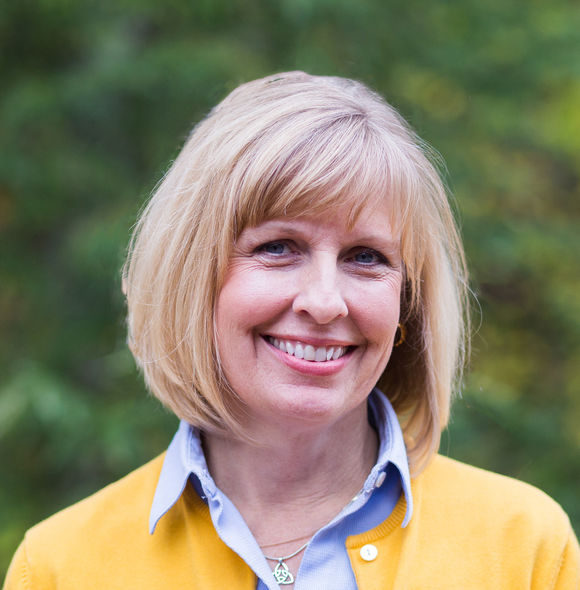Always Being Reformed

Published by Mary L. Vanden Berg
Professor of Systematic Theology
One of my colleagues used to teach a class entitled “Reformed Confessions and Worldview.” It was a course that all students at Calvin Seminary had to take, preferably during their first year, regardless of their ecclesial background. Toward the end of the semester one year, a student from a broadly evangelical tradition, who was also in my formation group, stopped by my office to chat. He said that he was enjoying the course and the introduction to Reformed theology. Nonetheless, he pointed out that while Reformed theology was clearly part of the course, most of the doctrines, according to him, “were just Christian, not much different from what he had grown up with.”
That student was right. The majority of Reformed teaching is simply Christian teaching. So what does it mean to be Reformed? In my essay for the forthcoming volume on Reformed identity written by the seminary’s faculty, I highlight three core aspects of Reformed identity that are hallmarks of my teaching in systematic theology. First, Reformed doctrines are grounded in a deep and wide familiarity with scripture: not carefully selected proof texts, but the whole range of the Old and New Testaments. Second, Reformed identity is rooted in a lively recognition that the Reformed branch of Christianity is part of a long and rich tradition of Christian teachings that stretches from the time of the apostles until today—no part of the Christian tradition should be automatically discounted or ignored. Third, Reformed theology is confessional: embedded in the creeds and confessions that trace out the territory for our work—for Calvin Theological Seminary these include the Heidelberg Catechism, the Belgic Confession, and the Canons of Dordt.
The ultimate end of theological thinking is the knowledge and love of the Triune God as he has revealed himself. Building on the foundation of scripture, and attentive to the broad theological tradition, Reformed theology looks for broad themes and, using the tools of logic and reason, seeks to further explain what has been revealed. Thus, we begin with faith in God and that his inspired Word is true. But we move from what we have received to the project of working out an understanding of God and our relationship to him within the community of believers of all times and places. In other words, the Reformed faith, like that of the many centuries of believers before us, is a faith-seeking understanding. As we seek understanding in and with the church catholic, we come to know and love the Triune God of the Bible in whose image we are made. Indeed our biblically grounded communal profession of faith, which is reflected in the creeds of the Church and the Reformed confessions, is at the heart of what it is to be Reformed and always being reformed according to the Word of God.
Share
Visit Calvin Theological Seminary’s Campus
We can’t wait to host you on campus! Schedule your visit today, or, if you need more time to find a date that works for you, please request information so we can continue the conversation about supporting your calling!
